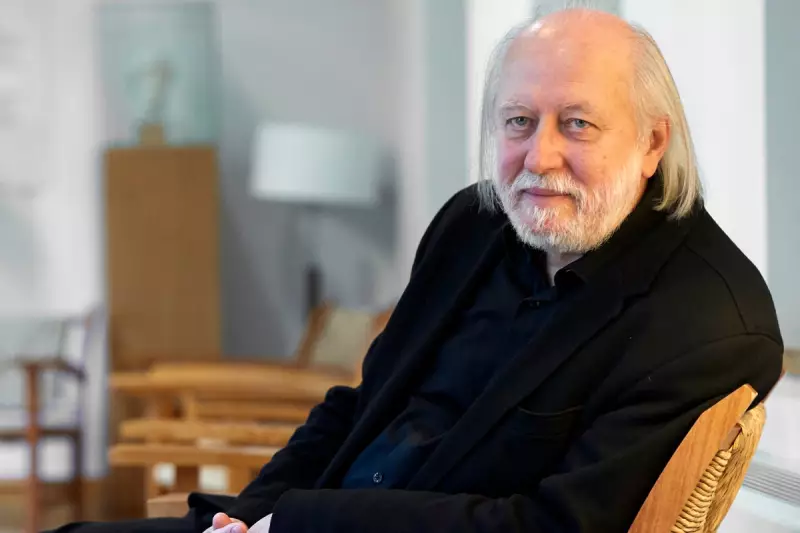
The Swedish Academy has crowned Hungarian literary visionary László Krasznahorkai with the 2024 Nobel Prize in Literature, recognising his extraordinary contribution to contemporary fiction and his uniquely intense narrative style.
A Writer of Apocalyptic Visions
Krasznahorkai, born in 1954, has built an international reputation for his dense, complex prose and darkly prophetic storytelling. The Nobel committee specifically praised his ability to create "monumental works that explore the fragility of human civilization" through what they described as "post-apocalyptic panoramas."
International Acclaim and Cinematic Collaborations
While perhaps less mainstream than some previous winners, Krasznahorkai has enjoyed significant critical success, having previously won:
- The Man Booker International Prize in 2015
- The National Book Award for Translated Literature in 2019
- Germany's prestigious Best Translated Book Award
His work has reached wider audiences through celebrated collaborations with Hungarian film director Béla Tarr, including the seven-hour cinematic masterpiece "Sátántangó" and "The Turin Horse."
The Nobel Committee's Justification
Anders Olsson, chair of the Nobel committee, elaborated on their decision: "Krasznahorkai's writing captures the existential anxieties of our time through relentless, flowing sentences that mirror the complexity of modern consciousness. His work doesn't just tell stories—it creates entire worlds teetering on the brink of collapse."
Literary Style and Major Works
Known for paragraphs that can stretch for pages and sentences that challenge conventional structure, Krasznahorkai's signature style has been compared to literary giants like Thomas Bernhard and William Faulkner. Among his most celebrated works are:
- "Satantango" (1985) - his debut novel that established his reputation
- "The Melancholy of Resistance" (1989) - considered his masterpiece
- "Seiobo There Below" (2008) - exploring beauty and transcendence
- "Baron Wenckheim's Homecoming" (2016) - completing his quartet of novels
The Nobel Prize comes with a substantial monetary award of 11 million Swedish kronor (approximately £830,000), affirming Krasznahorkai's position as one of the most important literary voices of our generation.





